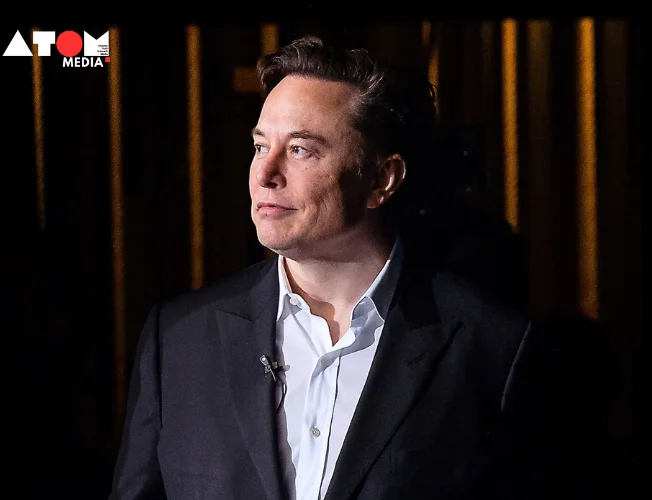In a recent press briefing, the US State Department Principal Deputy Spokesperson Vedant Patel expressed support for reforms to United Nations institutions, including the United Nations Security Council (UNSC). Patel highlighted the need to update these institutions to better reflect the realities of the 21st-century world.
Elon Musk’s Advocacy for India’s Permanent Seat
Tesla CEO Elon Musk’s remarks regarding India’s absence from the list of permanent UNSC members have sparked a dialogue on global power dynamics. Musk criticized the current structure, stating that nations with excess power are reluctant to relinquish it, highlighting India’s significant population and its absence from the permanent UNSC roster as “absurd.”
India’s Quest for Representation
India has long sought a permanent seat on the UNSC to ensure better representation of the developing world’s interests. The nation’s pursuit has garnered support from the international community, with growing recognition of India’s global significance and the need for its inclusion in critical decision-making forums.
Composition of the UNSC
The United Nations Security Council consists of 15 member states, including five permanent members with veto power and ten non-permanent members elected for two-year terms. The current permanent members are China, the United Kingdom, France, Russia, and the United States, reflecting the post-World War II power dynamics.
Political Commitments and Manifesto Pledges
Political parties in India, including the Bharatiya Janata Party (BJP), have made commitments to pursue permanent membership for the country in the UNSC. The BJP’s election manifesto, titled ‘Sankalp Patra,’ reaffirmed its dedication to elevating India’s position in global decision-making by seeking permanent UNSC membership.
India’s Diplomatic Efforts
India’s External Affairs Minister S Jaishankar has emphasized the growing global support for India’s permanent membership at the UNSC. Jaishankar underscored the need for proactive efforts to secure India’s rightful place in international decision-making bodies, highlighting the significance of seizing opportunities in global diplomacy.
Diplomatic Advocacy and Public Discourse
The discourse surrounding India’s quest for a permanent UNSC seat reflects broader discussions on global power dynamics and the need for inclusive representation in international institutions. Diplomatic advocacy and public discourse play crucial roles in shaping perceptions and garnering support for India’s aspirations on the global stage.
Challenges and Opportunities
While India’s bid for a permanent UNSC seat faces challenges, including resistance from established powers, there are also opportunities for diplomatic engagement and coalition-building. India’s growing influence in various multilateral forums underscores its potential to shape global agendas and foster partnerships for collective progress.
Future Directions and Multilateral Engagement
As India continues its diplomatic efforts to secure permanent UNSC membership, it must navigate complex geopolitical dynamics and leverage opportunities for multilateral engagement. Building strategic alliances and advocating for institutional reforms remain key strategies in advancing India’s aspirations on the global stage.
The discourse surrounding India’s quest for a permanent seat on the UNSC reflects broader discussions on global power dynamics and the need for inclusive representation in international institutions. While challenges persist, India’s diplomatic efforts and growing global support underscore its potential to shape the future of multilateralism and global governance.
Read more: Marketing News, Advertising News, PR and Finance News, Digital News





